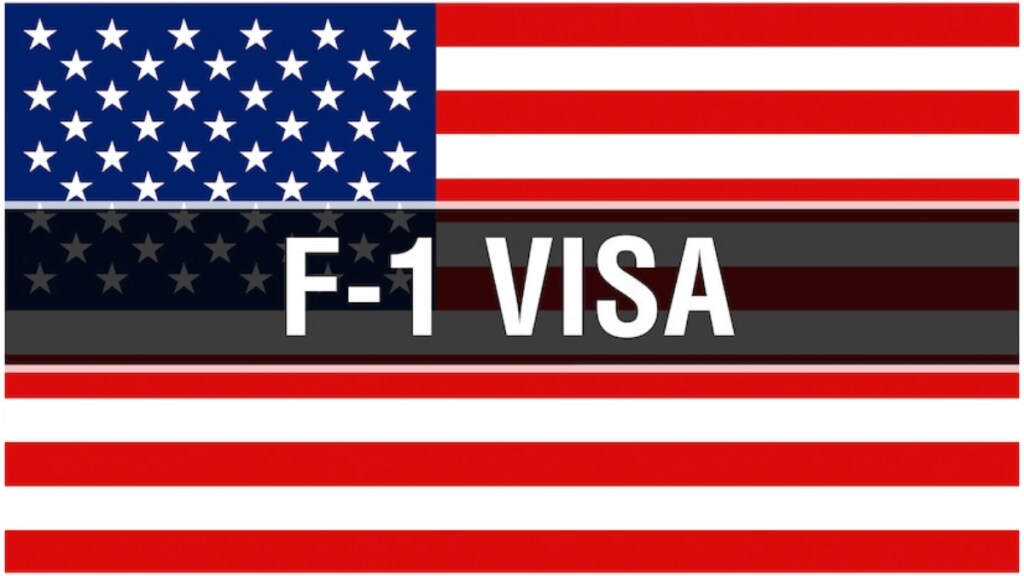A student’s plans to pursue a Master’s degree in the United States have hit a roadblock after his F-1 student visa was refused not for academic or financial shortcomings, but due to concerns about his family ties in North America.
The student, who had secured admission to a well-regarded U.S. university for a 16–18 month graduate program, attended his visa interview with all necessary documentation in hand. He presented a clear academic plan, demonstrated strong financial backing, and articulated well-defined career goals.
Initially, the interview proceeded smoothly. However, when the consular officer asked about relatives living abroad, the student mentioned that his father is a U.S. citizen and that his sister lives in Canada. He also disclosed that his father had filed a family-based immigration petition (Form I-130) on his behalf – a legal process that could take years to complete.
Shortly after, the officer handed him a refusal under Section 214(b) of the Immigration and Nationality Act, which allows for visa denial if the applicant is deemed not to have sufficient ties to their home country.
“I expected the questions about my family, and I answered honestly,” the student said in an interview. “I thought showing that my immigration path is long-term and legal would actually work in my favour. But it seems it raised more doubts.”
He emphasised that he has no intention of remaining in the U.S. illegally. “I fully understand the consequences of overstaying it would only damage the very path that’s already laid out for me. My plan was, and still is, to study, gain experience, and return to my home land.”
‘F1 visa is a strictly non-immigrant visa’
The internet quickly reacted to this post. A user said, “it is less of father being US citizen and more of i130 being filed, which shows immigrant intent and you are applying non immigrant visa, might be hard to convince.” Another claimed, ” They would argue you have a high chance of marrying and adjusting status As far as being upfront about the I-130 I don’t understand what this means. Immigration should already be aware of it so hiding it is a disaster.”
“An F1 visa is a strictly non-immigrant visa. You already have an immigration application filed in your name. How were you planning on getting an F1 visa when they already have records of your intent to immigrate?,” questioned a netizen. “It’s a flip of a coin. There is no general guideline to officers that they should reject applicants who have an approved I-130. My own niece has an approved I-130 and still got an F1 visa just last week. When you re-apply a different officer might decide to grant you the visa. The previous rejection is more of black mark and chances would be diminished. But I hope it works out for you,” noted another.


